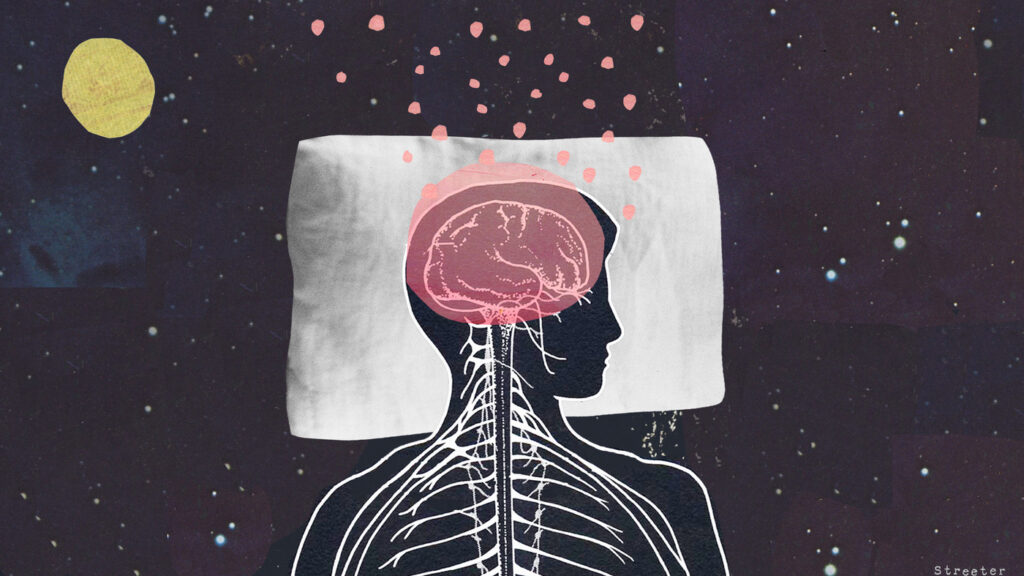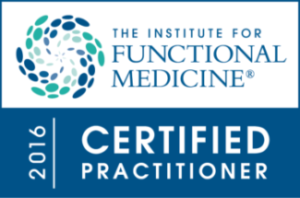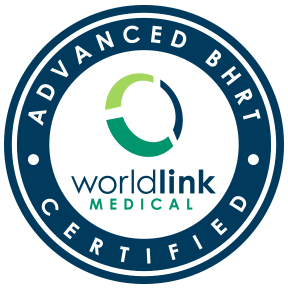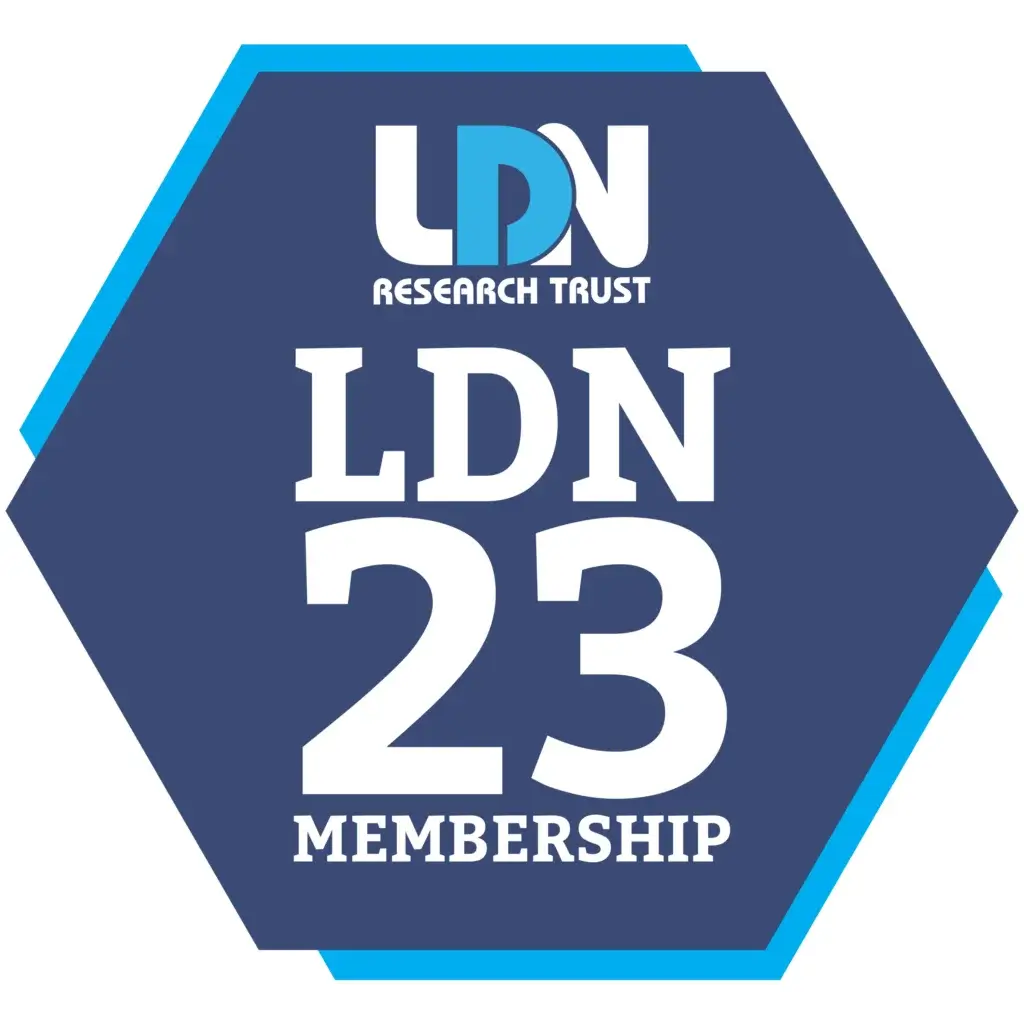Have you ever heard people say, “ I am too busy to sleep,” or “I’ll sleep when I am dead,” or “I will make up for my lost sleep later?”
This thought process is extremely dangerous, as sleep is crucial for our very well-being. If you think you are saving time by robbing hours from your sleep in order to get more work done, think again: you could actually be spe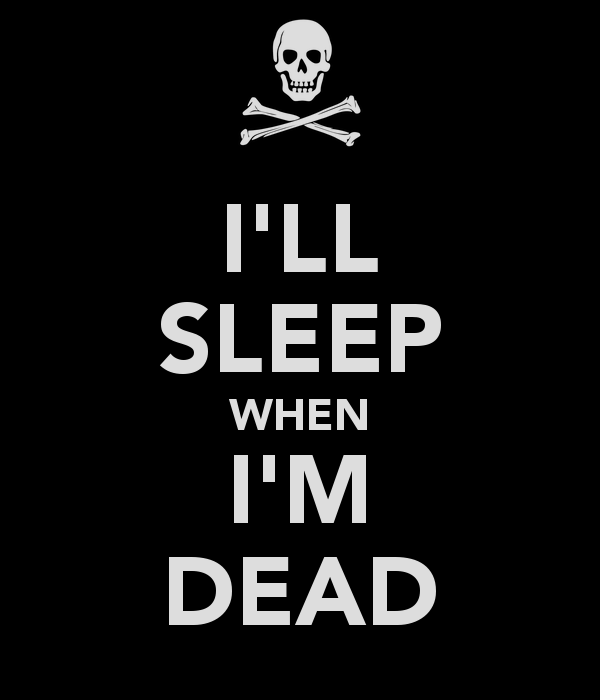 nding more time in your sick bed as a result, since studies have shown that those who lose sleep are at higher risk of getting sick with colds, and/or other infections, which sure won’t help your time crunch issues. Plus, did you know that lack of sleep can actually contribute to a plethora of health problems, including diabetes, obesity, and neurodegenerative diseases like Alzheimer’s disease, Parkinson’s disease and a whole lot more, and thus you may be getting your wish to sleep when you are dead, long before your time.
nding more time in your sick bed as a result, since studies have shown that those who lose sleep are at higher risk of getting sick with colds, and/or other infections, which sure won’t help your time crunch issues. Plus, did you know that lack of sleep can actually contribute to a plethora of health problems, including diabetes, obesity, and neurodegenerative diseases like Alzheimer’s disease, Parkinson’s disease and a whole lot more, and thus you may be getting your wish to sleep when you are dead, long before your time.
On the other end of this spectrum, we have people desperately trying to get a good night’s sleep, but just can’t. Three of the most common sle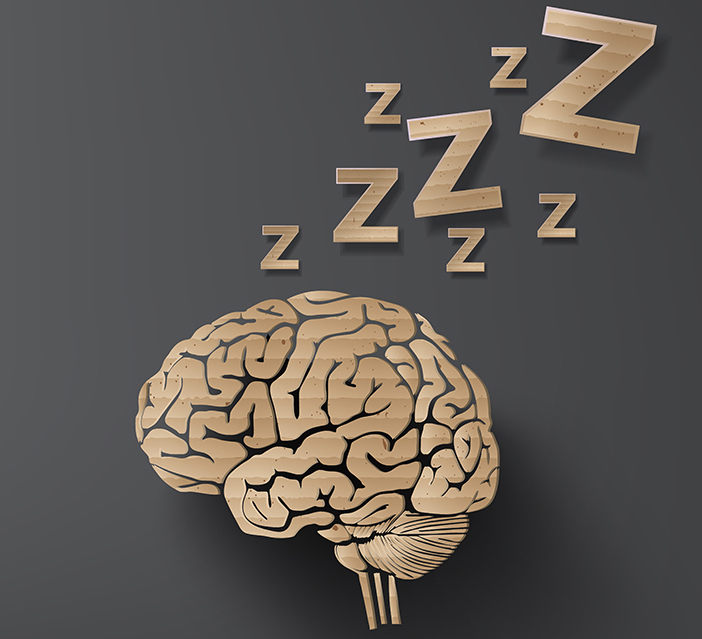 ep problems are inability to fall asleep, inability to stay asleep, or inability to feel rested once they do sleep, or worse yet, some people can experience all three of these sleeps issues. And more often than not, it is their heath status or poor lifestyle choices that are responsible. This is a serious matter as poor sleep quality has been shown to shrink part of the frontal cortex in the brain and cause atrophy (deterioration) in other parts of the brain involved with reasoning, planning, memory and problem-solving. Sleep is hugely important for restoring brain functions while also influencing your metabolic, endocrine and cardiovascular health.
ep problems are inability to fall asleep, inability to stay asleep, or inability to feel rested once they do sleep, or worse yet, some people can experience all three of these sleeps issues. And more often than not, it is their heath status or poor lifestyle choices that are responsible. This is a serious matter as poor sleep quality has been shown to shrink part of the frontal cortex in the brain and cause atrophy (deterioration) in other parts of the brain involved with reasoning, planning, memory and problem-solving. Sleep is hugely important for restoring brain functions while also influencing your metabolic, endocrine and cardiovascular health.
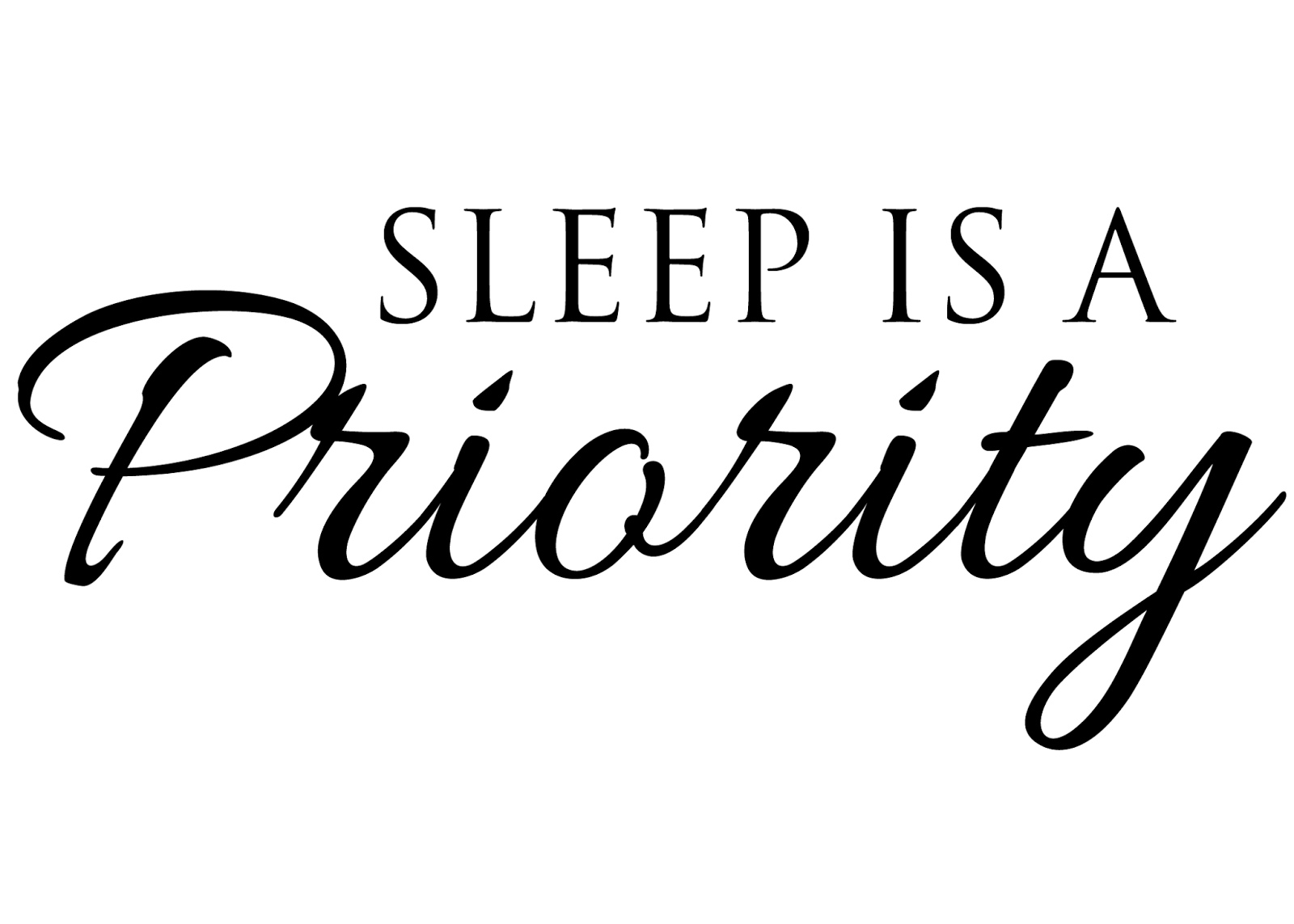
So how can you start sleeping like a baby again and protect your brain from deterioration?
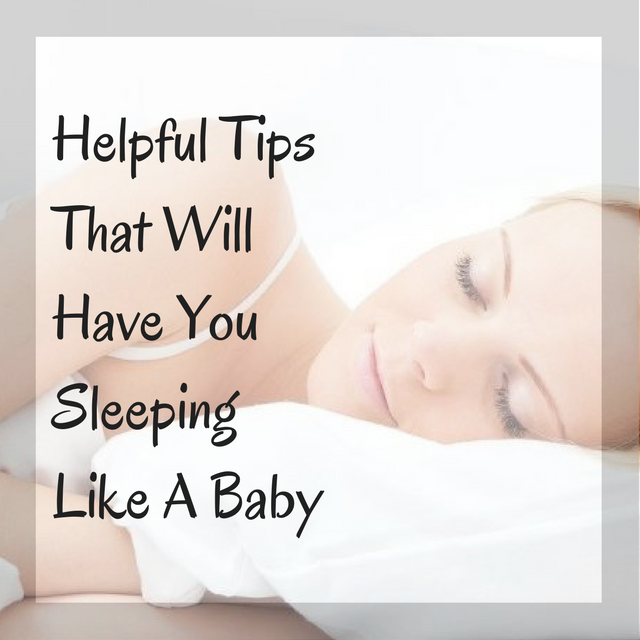
Here are 7 suggestions where you can begin:
Number One: Start by making sure you get enough strong natural light during the day. Our sleep cycles are tied to light-dark cycles. Of course you know this, but it’s a lot more complicated than simply knowing it’s time for bed when it gets dark outside and time to get up when the sun rises. You see, we require li ght stimulation (just the right kind and amount), like bright sunlight, in order to start the process that causes a certain part of the brain (the Reticular Activating System) to fire, that then triggers the signals we need to prepare for sleep. Unfortunately, so many people are not being exposed to this natural sunlight during the day. Instead, they are cooped up in offices or homes with artificial light or they live in a climate or geographical region that doesn’t get a lot of sunlight. If this is the case for you, I suggest you expose your face daily to at least 10-15 minutes of bright sunlight, preferably mid-morning. Keep your eyes closed. This simple habit is likely to help you better initiate sleep.
ght stimulation (just the right kind and amount), like bright sunlight, in order to start the process that causes a certain part of the brain (the Reticular Activating System) to fire, that then triggers the signals we need to prepare for sleep. Unfortunately, so many people are not being exposed to this natural sunlight during the day. Instead, they are cooped up in offices or homes with artificial light or they live in a climate or geographical region that doesn’t get a lot of sunlight. If this is the case for you, I suggest you expose your face daily to at least 10-15 minutes of bright sunlight, preferably mid-morning. Keep your eyes closed. This simple habit is likely to help you better initiate sleep.
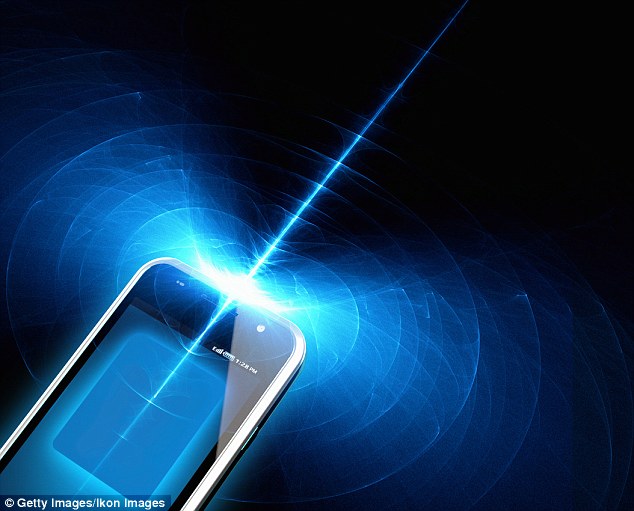 But, notice I said, “natural light.” Compounding the fact that many people don’t get enough natural light, often people come home and are surrounded by their light-emitting devices right before bedtime. Of course I am talking about our computers, iPads and iPhones, and yes….even our televisions. These devices have a higher concentration of blue light, which effect the sleep-inducing hormone, melatonin. Melatonin is hugely necessary for sleep initiation. No other wavelength of light does this, and consequently, it will prevent you from falling asleep. However, there is also evidence that these light-emitting devices also upset our nat
But, notice I said, “natural light.” Compounding the fact that many people don’t get enough natural light, often people come home and are surrounded by their light-emitting devices right before bedtime. Of course I am talking about our computers, iPads and iPhones, and yes….even our televisions. These devices have a higher concentration of blue light, which effect the sleep-inducing hormone, melatonin. Melatonin is hugely necessary for sleep initiation. No other wavelength of light does this, and consequently, it will prevent you from falling asleep. However, there is also evidence that these light-emitting devices also upset our nat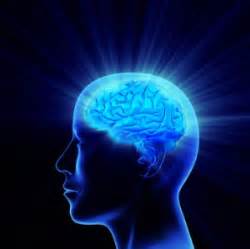 ural circadian rhythm, which not only effects our wakefulness but can also make it harder to wake up the next morning and worse yet, can be damaging to our body’s organ systems. Thus, blue light exposure at night extends way beyond having difficulty falling asleep.
ural circadian rhythm, which not only effects our wakefulness but can also make it harder to wake up the next morning and worse yet, can be damaging to our body’s organ systems. Thus, blue light exposure at night extends way beyond having difficulty falling asleep.
I suggest avoiding this harmful blue light exposure by shutting them off long before bedtime. If that is not an option, dim the brightness on the devices, and/or make use of products, e.g. the Swanwick Bluelight Blocking Glasses (click link but be sure to come back). The most recent upgrade of the iPhone already includes a control that automatically filters the blue light and changes the color of the screen as the sun goes down.
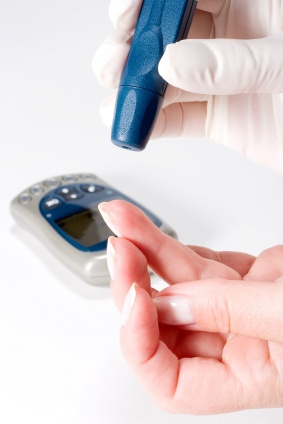 Number Two: Get Your Blood Sugar and Insulin Levels Checked and Lose Weight if Needed. A lack of sleep or sleep deprivation causes an insulin resistant state, and inability to sense that you are full, thus leading you to overeating, all of which can lead to obesity and diabetes, which can then of course lead to a multitude of other health conditions, including Alzheimer’s disease. But in addition, if you already have uncontrolled diabetes or are obese, this can further lead to sleep deprivation and sleep apnea, so it’s a vicious cycle. Management of your weight and blood sugar is an important first step to regain optimum sleep hygiene.
Number Two: Get Your Blood Sugar and Insulin Levels Checked and Lose Weight if Needed. A lack of sleep or sleep deprivation causes an insulin resistant state, and inability to sense that you are full, thus leading you to overeating, all of which can lead to obesity and diabetes, which can then of course lead to a multitude of other health conditions, including Alzheimer’s disease. But in addition, if you already have uncontrolled diabetes or are obese, this can further lead to sleep deprivation and sleep apnea, so it’s a vicious cycle. Management of your weight and blood sugar is an important first step to regain optimum sleep hygiene.
Number Three: Avoid shift work and find work that will accent your norma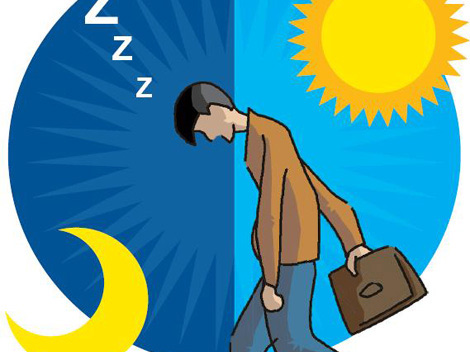 l circadian rhythms and cellular clocks. Nothing destroys your ability to get quality sleep more than circadian rhythm disturbances. Research is now showing that circadian rhythm disturbances are among the earliest symptoms of neurodegenerative diseases, like Alzheimers disease, Parkinson’s disease and Huntington’s disease.
l circadian rhythms and cellular clocks. Nothing destroys your ability to get quality sleep more than circadian rhythm disturbances. Research is now showing that circadian rhythm disturbances are among the earliest symptoms of neurodegenerative diseases, like Alzheimers disease, Parkinson’s disease and Huntington’s disease.
Number Four: Get at least 6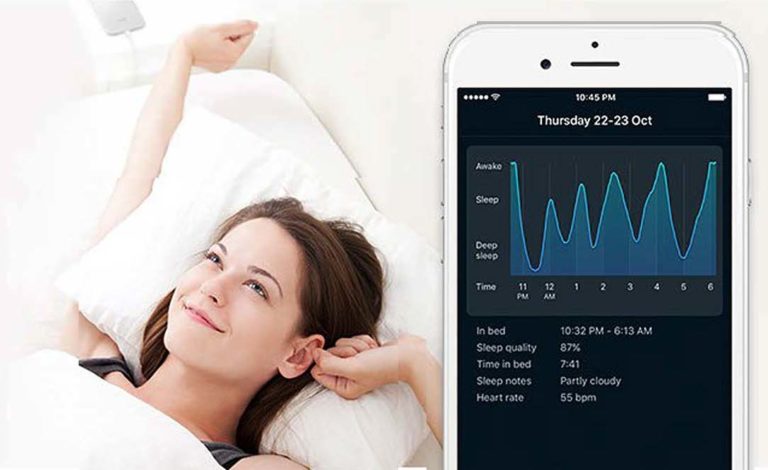 hours or 7 1/2 hours of sleep per night. I bet you thought I was going to say to get at least 8 hours a night. Well, we now know that we have 90-minute long basic sleep cycles that have different neuro-hormonal and immunological profiles at the beginning, middle and end. Research now confirms that more health problems are associated with less than 6 hours of sleep and more than 8 hours of sleep, so aim to get a total duration of sleep that is a perfect multiple of 90 minutes, e.g. 6 hours or 7 1/2 hours. Here is an iPhone app, called Sleep Cycle that allows sleep movements to be measured and will wake you up in a time frame that will optimize your waking state based on your movements.
hours or 7 1/2 hours of sleep per night. I bet you thought I was going to say to get at least 8 hours a night. Well, we now know that we have 90-minute long basic sleep cycles that have different neuro-hormonal and immunological profiles at the beginning, middle and end. Research now confirms that more health problems are associated with less than 6 hours of sleep and more than 8 hours of sleep, so aim to get a total duration of sleep that is a perfect multiple of 90 minutes, e.g. 6 hours or 7 1/2 hours. Here is an iPhone app, called Sleep Cycle that allows sleep movements to be measured and will wake you up in a time frame that will optimize your waking state based on your movements.
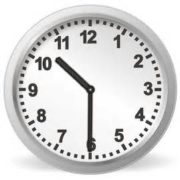 Number Five: Get to bed by 10:00 pm, so you are asleep by 10:30 pm. The most critical time to be
Number Five: Get to bed by 10:00 pm, so you are asleep by 10:30 pm. The most critical time to be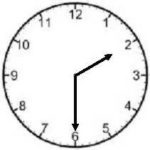 asleep is from 10:30 pm to 2:30 am because this is the time when your brain is performing maximal repair regeneration, and can renew and refresh both physically and psychologically.
asleep is from 10:30 pm to 2:30 am because this is the time when your brain is performing maximal repair regeneration, and can renew and refresh both physically and psychologically.
Number Six: Have a saliva 4-point cortisol test completed. This will tell your functional medicine practitioner when during the day you may have stress hormones that are imbalanced. An imbalance 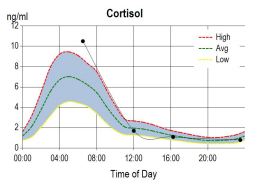 in cortisol can effect sleep in many ways, including interfering with the production of melatonin, the hormone needed to initiate sleep. Your functional medicine practitioner can provide you the appropriate nutrients, and/or adaptogens that will improve its balance. Of course, including daily rituals like meditation and yoga can also help with the stress response. Check out my blog post on this topic HERE.
in cortisol can effect sleep in many ways, including interfering with the production of melatonin, the hormone needed to initiate sleep. Your functional medicine practitioner can provide you the appropriate nutrients, and/or adaptogens that will improve its balance. Of course, including daily rituals like meditation and yoga can also help with the stress response. Check out my blog post on this topic HERE.

Number Seven: Last but not least, be sure you are NOT eating the typical SAD (Sad American Diet). Aim for a Mediterranean-style diet that contains all the nutrients needed to make hormones and neurotransmitters that your brain requires to carry out all of the important sleep processes. Check out this link HERE for some stress-busting eating tips to combat sleep deprivation and weight gain.
I hope these tips have helped you realize that it is possible to regain your sleep hygiene and sleep like a baby again, and thus regain your health and protect your brain from deterioration.


